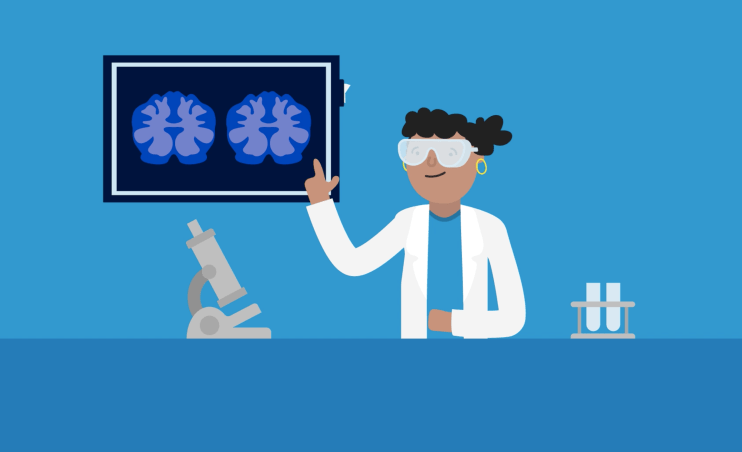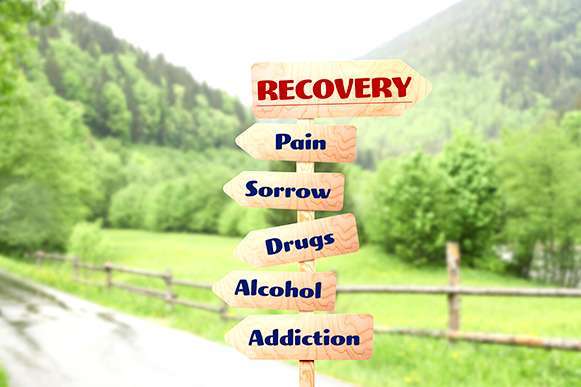The Greatest Guide To Drug Rehabilitation
The 25-Second Trick For Drug Rehabilitation
Table of ContentsThe Of Drug RehabilitationDrug Rehabilitation Things To Know Before You Get ThisAbout Drug RehabilitationNot known Details About Drug Rehabilitation The Best Guide To Drug Rehabilitation
This involves addressing the whole individual to make certain that all of the underlying causes and effects of the dependency are properly cared for and remedied. This offers people the tools they need for a complete return to a satisfied, healthy and balanced, substance-free life. Medicine addiction "treatment" is a little bit of a misleading term it suggests that people with dependencies are "all far better" after they have actually gotten some kind of treatment.Also people with years of successful recuperation should remain conscious of their potential for relapse, and they need to make use of the devices they found out in treatment to stop it. The word "recovery" likewise suggests that somebody is being remedied after misbehaving, which is consistent with culture's stigma concerning dependency. Drug Rehabilitation. Component of the recovery procedure is for individuals with dependencies, and their families, to learn that addiction refers biology and not principles
Nevertheless, transitioning from physical and psychological dependency to a healthy and delighted lifestyle is a large change. It is necessary that the steps to medication recovery be correctly addressed during the drug recovery process. There are four stages of addiction recovery: Dependency analysis is a specifically important part of the rehab procedure.
This is component of the underlying psychology of addiction, and it reinforced by fears of apprehension for possession and judgment from friends and family. The analysis procedure needs obtaining trust fund and breaking through that deceptive nature. The private requirements to recognize which compounds were used and the degree of their compound usage.
Drug Rehabilitation - An Overview

For numerous individuals with addictions, fear of withdrawal is a significant obstacle to leaving their addiction, and that concern keeps them from also attempting. Withdrawal and drug detoxification do not have to be an awful experience.
For a lot of people with compound addiction, their material use is no much longer concerning obtaining high. Medication rehab is the process where the deep concerns around the dependency are recognized and resolved.
Get This Report about Drug Rehabilitation
Rather, it can be stated that rehabilitation is the procedure of exploration, while what happens afterward is recuperation. The addicted mind frequently starts to think especially after a time period in abstaining that it is alright to attempt drinking or utilizing substances again. Nonetheless, this seldom works, and the large majority of people that try alcohol consumption or utilizing drugs again will rapidly end up where they were previously.

Sober living residences are a particularly effective approach to aftercare when an individual is released from rehabilitation. People and their households should talk about these choices with their counselors while still in rehabilitation. There are different kinds of therapy for addiction, based upon the level of care supplied. When choosing the level of therapy, the option should be based on what will provide the individual the very best opportunity of success in healing out what the individual intends to do.
This is a negative combination, as it pushes lots of individuals to believe that they can quit making use of medicines or drinking on their own. Therefore, they might hesitate to see and confess that they require a higher see this page level of care, such as inpatient rehab. Detoxification from a material is not the like therapy for substance addiction.
Everything about Drug Rehabilitation
, individuals's minds are jumbled and they really feel literally and emotionally ill. They are not receptive to any kind of kind of therapy or therapy up until their minds clear and they are really feeling far better.
Like inpatient therapy, residential treatment uses the restorative result of removing individuals from their dysfunctional way of life and setting and positioning them get redirected here in risk-free, healthy environments. This allows them to reorient their lives and believed processes while concentrating on distraction-free recovery. Residential rehab differs from inpatient rehabilitation (Drug Rehabilitation) in that it is carried out in a facility beyond the health center system and normally entails a much longer stay.
Individuals obtain restorative services on-site during the day, but go home or to a sober living center at evening. The intensity of the daytime treatment will depend on individual needs and the programs readily available at the outpatient center. Many individuals with significant dependency will likely have far better end results in inpatient treatment and rehab.
The Of Drug Rehabilitation
Long-lasting property treatment programs commonly utilize a restorative approach called the therapeutic community (TC). This next is a method to re-socializing people whose addiction has seriously affected their capability to fit into society. These consist of people with serious criminal behavior, individuals who are homeless, teens and people with significant psychological health conditions.